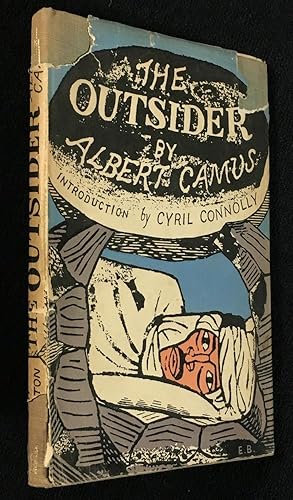

It is Rieux who treats the first victim of plague and first uses the word plague to describe the disease.

At the beginning of the novel, Rieux's wife, who has been ill for a year, leaves for a sanatorium. Bernard Rieux is described as a man about age 35, of moderate height, dark-skinned, with close-cropped black hair. The narrative tone is similar to Kafka's, especially in The Trial, whose individual sentences potentially have multiple meanings the material often pointedly resonating as stark allegory of phenomenal consciousness and the human condition. The novel stresses the powerlessness of the individual characters to affect their destinies. The Plague is considered an existentialist classic despite Camus' objection to the label. According to an academic study, Oran was decimated by the bubonic plague in 15, but all later outbreaks (in 1921: 185 cases 1931: 76 cases and 1944: 95 cases) were very far from the scale of the epidemic described in the novel. Oran and its surroundings were struck by disease several times before Camus published his novel. Ĭamus used as source material the cholera epidemic that killed a large proportion of Oran's population in 1849, but situated the novel in the 1940s. The novel presents a snapshot of life in Oran as seen through the author's distinctive absurdist point of view. The narrator remains unknown until the start of the last chapter, chapter 5 of part 5. Published in 1947, it tells the story from the point of view of a narrator of a plague sweeping the French Algerian city of Oran. Picture: Kurt Hutton/Picture Post/Getty Images.The Plague ( French: La Peste) is a novel by Albert Camus. To complement this edition of World Book Club you can listen to a BBC drama of The Outsider and also to The Insider, a new play imagining the story of the silent Algerian characters that appear in Camus’ novel. Here an eager audience gathers in the upstairs attic room where aspiring novelists are regularly to be found sleeping off their exertions in quiet alcoves.Īs well as questions from the audience in the bookshop and from our wider audience abroad World Book Club also hears from feted writers from around the world explaining why they think this most startling tale of sun, sea, sand and murder is still one of the great classic novels of our age.

And appropriately the programme comes from the heart of the Left Bank of Paris to hear from them – at the world famous bookshop Shakespeare and Company overlooking Notre Dame.

One hundred years after his birth this month’s World Book Club, will be discussing Albert Camus' seminal novel The Outsider with his acclaimed biographer Oliver Todd, and Professor of French at Sheffield University, David Walker.


 0 kommentar(er)
0 kommentar(er)
